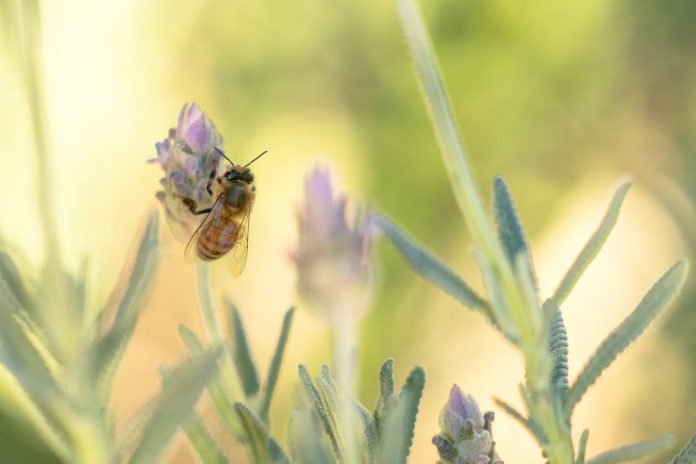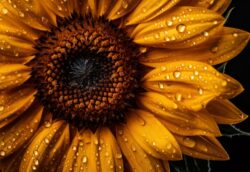When we talk about being doctors, we don’t say that we do medicine or that we are medicine; we say that we practise medicine. What do we mean by this?
Medicine is a forever expanding art and science, and to practise it, we must be forever students of the human body and our expanding understanding of it. This can seem a daunting task to begin with, but there is a way of practising medicine that can free us to be always open to learning and understanding more, without feeling overwhelmed by the vastness of what is before us.
The verb ‘practise’ is defined as:
- Perform (an activity) or exercise (a skill) repeatedly or regularly in order to acquire, improve or maintain proficiency in it
- Carry out or perform (a particular activity, method, or custom) habitually or regularly
- Actively pursue or be engaged in (a particular profession or occupation)
- Observe the teachings and rules of (a particular religion).(1)
I find this juxtaposition fascinating.
We consider medicine a science, and there is indeed a science to it, but medicine is also a very practical profession, and something that we have to practise to acquire our skills, to hone them and to maintain them.
It is something we have to do regularly, as we all know, as is highlighted when we come back to work after a break of any length, for it can take a while to get back into the swing of things.
And it is a profession in which we must be actively engaged – we cannot be half-hearted as doctors – our patients and profession need the whole of us.
It is also bound by teachings and rules, much like a religion, and is considered much more of a ‘calling’ than ‘just a job’. Indeed, I have heard colleagues say that they are “married to medicine” when explaining why they are single and childless, and have known some who are priest-like in their devotion and selflessness.
So what does it mean to truly practise medicine?
Is true medicine a synthesis of all of this?
Is a doctor an artist, scientist, craftsman and minister of religion, all in one?
When we understand that the human body is precious, even sacred, and that we are the custodians of it, there is indeed a religious aspect to medical care.
When working with the body, it is difficult to not be in awe of the beauty, delicacy, intricacy, harmony and interconnectedness of it, and to sense that an intelligence greater than ours had a hand in creating it.
This in itself gives us cause to contemplate…on the wonder and mystery of life… on our origins…our interconnectedness…and what we are custodians of, in our own bodies, and those we care for…
“Practice makes perfect”
When we consider the word practice’, phrases such as “Practice makes perfect” come to mind, along with the idea that this mythical perfection can be attained if we try hard enough. Work becomes our personal Mount Everest, something to be scaled and attained with great hardship and sacrifice. The trouble with going up in this way, is that even if you make it, you cannot stay up there for long, and have to come down again…
We have taken this ideal from music lessons, to soccer practice, to spelling bees and times table races, to more and more senior studies, but carry it we do, as a huge burden, that we must continue to strive, even though we know that perfection is almost certainly unattainable, and that even if it is, it is momentary. We never see ourselves as good enough, we never appreciate ourselves just as we are, we always feel we have to do more, try harder, be better…in a never-ending quest for perfection.
In the race to this mythical pinnacle, we pit ourselves against each other, and instead of coming together and supporting each other, we work in isolation, in secrecy, in fear that someone else will know more, do better, be more sought after, make more money, or whatever our personal ideals are.
Another way of practising medicine
What if we were to explore a new way of practising medicine? One in which we knew that no technical perfection is possible, seeing as we are imperfect human beings working with other imperfect human beings, but in which we could see our practice of medicine as something to be deeply honoured and held as precious.
What if we could see ourselves as forever students, always deepening, expanding, unfolding, never settling for “just good enough” or “that’ll do” but always looking to hone our powers of observation of the human being, our understanding of the human body, our clinical practice and scientific research, along with and in parallel to our deepening understanding and unfoldment of ourselves as people – of our biases, beliefs, prejudices – of all the things that get in the way of us seeing ourselves and others more clearly, and connecting with people more deeply.
If we could practise medicine in this way, there would be a natural curiosity and light-heartedness to it. We would not need to think we knew it all, as forever students, but would be open to not knowing, and therefore open to learning, from everyone and everything. We would even see mistakes as opportunities for learning, and rather than being personally devastated by them, as we come crashing down from our perfect Everest, we would help each other to learn and grow from them, for the great benefit of all.
The practice of medicine is not a solo mountain climb, but a team endeavour. We would greatly benefit from restoring the collegiate nature of medicine, and rather than trying to go it alone, opening up to our colleagues and working together, for the great benefit of our patients, each other, and ourselves.
Reference:









